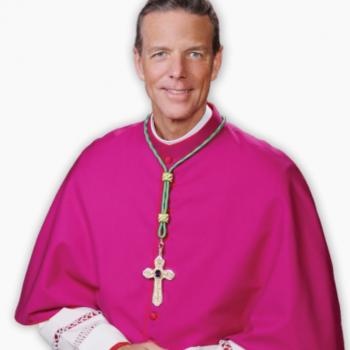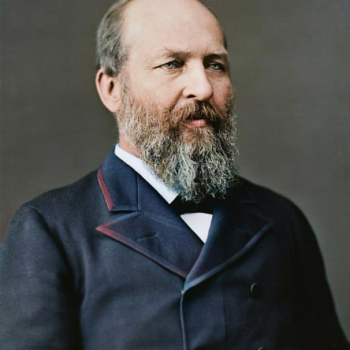"The phenomenon [of speaking in tongues] seems much less frequent than a generation or two ago in local churches," says noted Pentecostal theologian Russell Spittler, "especially urban ones or megachurches. Charismatics for the most part do not emphasize the practice nor do they insist on the initial evidence doctrine, which is nevertheless strongly insisted upon within the denominational leadership of the AG. The wide success of denominational and televangelist charismatics, without initial evidence insistence, has isolated mainly North American classical Pentecostal denominations as the lone champions of the doctrine."
What Will the Spirit Do?
Unbeknownst to my parents and me, by the time we entered our first Pentecostal worship service, we were among the hundreds of thousands in North America during the decade of the 1970s who had transformative encounters with the Holy Spirit. The Baptism in the Holy Spirit, with the accompanying evidence of tongues, came amidst our mainline Protestantism and via the avenues of the Catholic Charismatic Renewal and bold evangelistic organizations like the Full Gospel Businessmen's Fellowship International.
More than anything, what I experienced within my first two years in a Pentecostal church was the excitement of watching people young and old draw near to God and experience his presence together in new and spontaneous ways. In that atmosphere I often felt closer to God, unified amidst a homogenous church family, raptly anticipating what God might do next in and through this enthused church community. For the first time in my life, church was not only a place to hear songs and a sermon. It was an atmosphere in which to experience the outpourings, leadings and the gifts of the Holy Spirit. Up until this time for me, church had always been the place you went to simply hear what the preacher would say next; now it was the place where I went to hear a soul-stirring sermon, yes, but also to see what the Spirit would do next. It was an ethos that groomed me to expect the supernatural; an atmosphere where "all things" were possible.
A Diminishing of the Distinctive
Some scholars and practitioners see the mainstreaming of Pentecostalism contributing to a diminishing of its distinctives. According to Spittler, fifty years ago, "Pentecostals were conventionally reckoned as . . . ne'er-do-wells, white trash: G. Campbell Morgan is said to have labeled the movement 'the last vomit of Satan.' Sociological orthodoxy, in fact, before 1950, defined the movement as a horde of the economically depraved or the mentally imbalanced. These days, Pentecostal leaders join the Presidential cabinet and are sought as presidents of evangelical institutions."
For Pentecostals, the times have changed. A movement that has experienced rapid growth in the past century in the United States amidst periodic controversy and frequent misunderstanding has both influenced existing mainstream church culture and perhaps been influenced by it, as well. Pentecostalism, once quite unaccepted and even spurned by other denominations, has become much more welcomed amidst evangelicals. But, has that acceptance come with a price?
"From WWII to Viet Nam, the evangelicalization of Pentecostalism occurred," says Spittler. "Then, from Viet Nam till now, we've seen the pentecostalization of evangelicalism. Each movement influenced the other."
Pentecostal and charismatic expressions of praise and worship have arguably had a great influence on many mainstream churches. Since the charismatic renewal of the 1970s and the characteristic celebratory forms of worship that accompanied it, worship teams have replaced numerous choirs and organs across the country. From original praise songs borrowed from Christ for the Nations Institute (Texas) in the 1980s, to Hosanna Integrity monthly praise albums of the 1990s, to Hillsong Music and the Passion Movement in the last decade, worship forms have changed significantly. Praises and singing accompanied by upraised hands and clapping has become common fair in many mainline churches that were previously given to more reverential and contemplative forms.
But while more mainstream evangelical churches have borrowed charismatic styles of worship and thus become more "pentecostalized," Pentecostal churches in North America are moving away in public worship gatherings from the more demonstrative expressions of spiritual gifts, such as messages in tongues with interpretation, prayers for healing and prophecy. In many cases, churches and megachurches have chosen to relegate glossolalia and other charisms to Sunday night services or small groups and, in some cases and settings, according to church historian Dr. Stanley Burgess, "it has virtually disappeared."





